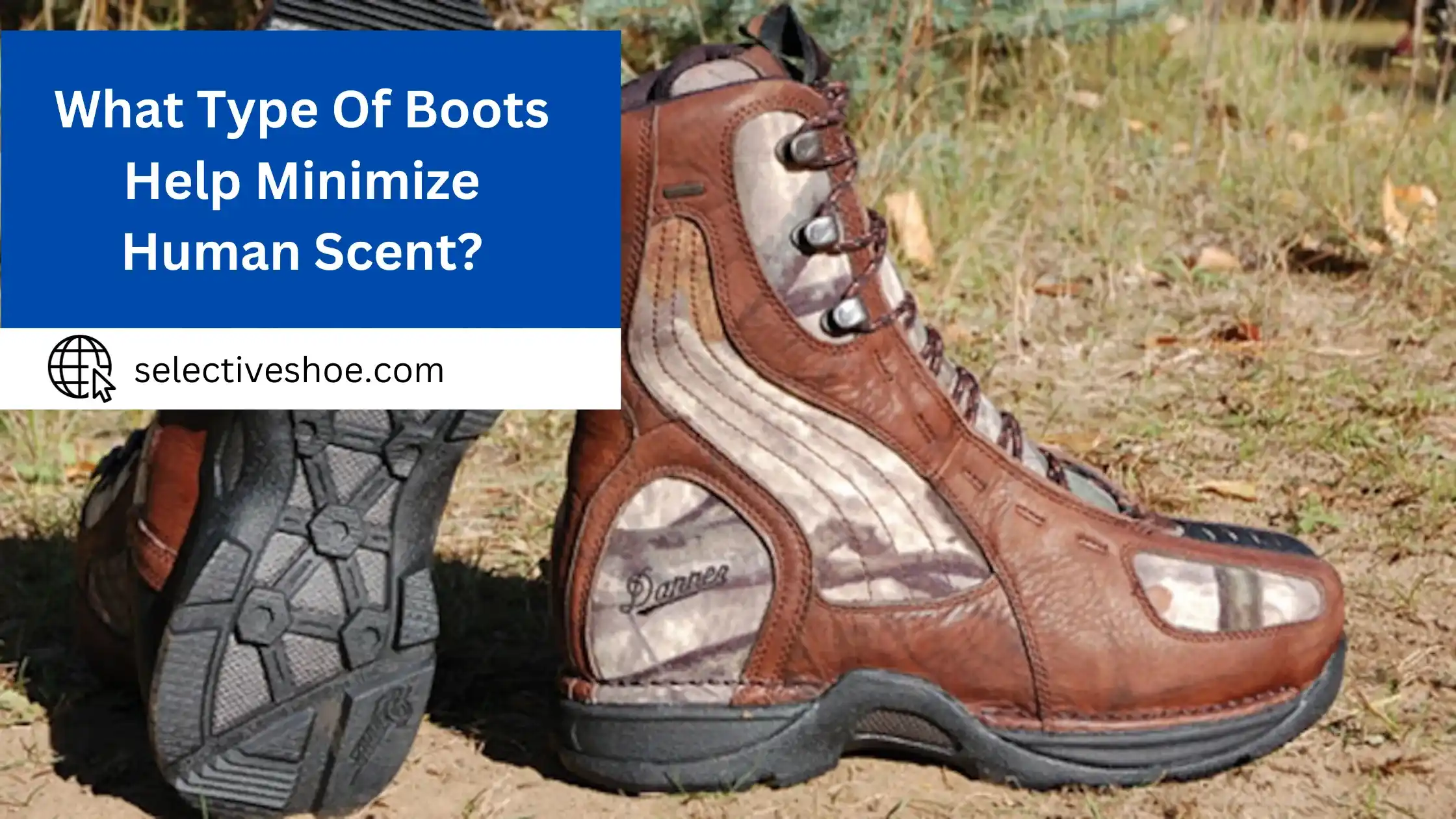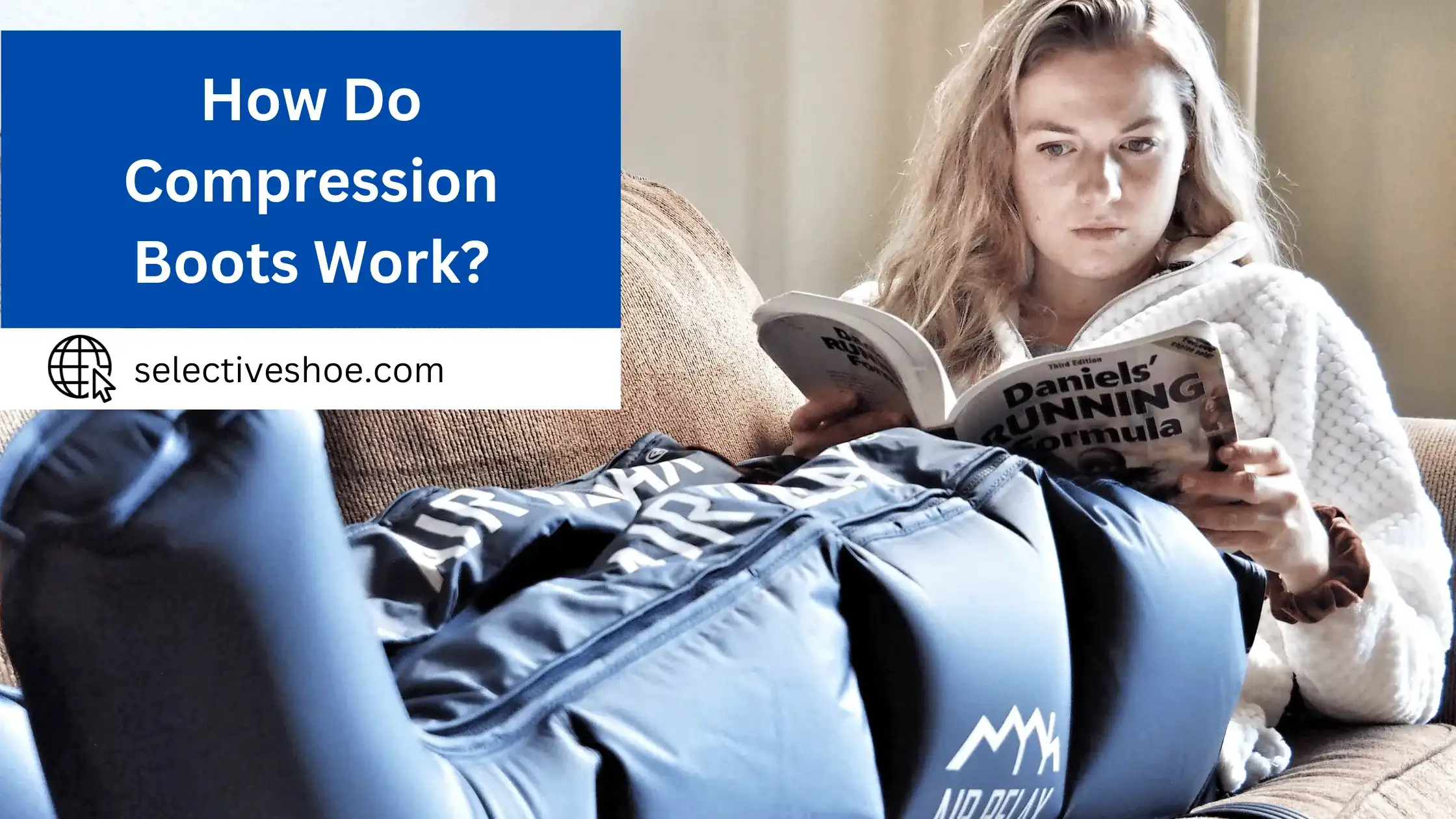Over the years, I have learned first-hand that while there are many ways to reduce odors when out on a hunt, one of the most effective methods is using proper boots.
After trying out various types and designs throughout my hunting career, what I found to be most successful was a boot design that not only kept my feet dry but enabled me to move silently by keeping human scent at bay.
Therefore, I will share some tips on what type of boots can help minimize your human scent so you can improve your hunting game!
Factors To Consider For Minimizing Human Scent:
As someone deeply involved in outdoor activities like hunting and wildlife observation, I’ve learned the importance of minimizing human scent to avoid alerting animals. Here are some key factors I consider based on my experiences:
Choice Of Clothing:
Clothing can trap and emit scents. I opt for scent-control fabrics designed to absorb and contain odors. During a deer hunting expedition, I realized my regular jacket was holding onto scents from home, like cooking and pets. Switching to a scent-control jacket made a noticeable difference in how close I could get to wildlife without being detected.
Personal Hygiene:
Reducing your scent starts before you even step outside. I use scent-free soap and shampoo and avoid colognes or scented deodorants. Once, I forgot to switch my regular shampoo before a trip, and it was evident how quickly the deer picked up my scent despite other precautions.
Diet:
What you eat can affect your body odor. I avoid strong-smelling foods like garlic or onions before and during outdoor trips. I learned this the hard way when, after a garlic-rich meal, I noticed a marked decrease in wildlife interactions the following day.
Footwear:
As I’ve mentioned in a previous response, footwear is crucial. Odor-absorbing and scent-minimizing boots are essential. My favorite is rubber boots, which don’t retain odors like other materials.
Scent-Masking Products:
I use scent-eliminating sprays on gear and clothing. Once, after setting up a blind without spray, I noticed animals were more skittish and alert. Using the spray on subsequent trips helped me stay undetected.
Wind Direction Awareness:
Being mindful of the wind direction is crucial. I always try to approach from downwind. During a tracking session, ignoring the wind direction resulted in the deer catching my scent long before I was in a suitable position despite all other scent-minimizing efforts.
Storage Of Equipment:
How you store your gear can affect its scent. I keep my hunting clothes and gear in airtight containers with odor-absorbing materials. This habit formed after noticing that my gear would pick up various household scents when left in the garage.
Controlled Breathing:
When near wildlife, I control my breathing. Shallow, quiet breaths release less scent. I discovered this during a close encounter with a fox; by controlling my breathing, I managed to observe it for longer without startling it.
Avoiding Contaminants:
Finally, I ensure that my gear doesn’t come into contact with strong odors like gasoline or smoke. Once, my backpack got contaminated with fuel in the trunk, and it took several washes to eliminate the smell, which was a clear giveaway in the wild.
Learning from past mistakes and successes has dramatically improved my ability to blend into natural surroundings and observe wildlife without disturbance.
Types Of Boots That Help Minimize Human Scent:
As an avid outdoors enthusiast, I’ve discovered the importance of minimizing human scent, especially when engaging in hunting or wildlife photography. Through my experiences, I’ve identified several types of boots that are particularly effective in reducing human scent.
Rubber Boots:
My go-to choice for minimizing scent is rubber boots. Unlike other materials, rubber does not absorb odors, making it harder for animals to detect human presence. I remember a particular hunting trip where rubber boots made a significant difference. I was tracking a deer, and despite being downwind, it didn’t pick up on my scent as quickly as it had on previous occasions when I wore leather boots.
Scent-Control Lined Boots:
These boots are designed with special linings that absorb and mask human odors. They often combine odor-absorbing materials with antimicrobial treatments to reduce scent. I have used these sparingly, but I’ve heard positive feedback from fellow hunters about their effectiveness.
Non-Insulated Boots:
In warmer conditions, non-insulated boots can be a good choice. They allow for better air circulation, which helps prevent sweat and odor buildup. I learned this the hard way on a summer hike. My insulated boots trapped so much heat that my feet sweated excessively, increasing my scent presence. Switching to non-insulated boots made a noticeable difference.
Leather Boots With Scent-Masking Treatments:
While leather boots can absorb odors, treating them with scent-masking sprays or washes can mitigate this issue. I often use a scent-eliminating spray on my leather boots, which helps, especially on shorter trips.
Waterproof Boots:
These boots help in wet conditions by keeping feet dry. Wet feet can lead to the growth of bacteria, which increases odor. I remember crossing a stream and being grateful for my waterproof boots that kept my feet dry and scent-free.
Breathable Boots:
Boots with breathable materials help to reduce foot sweat and odor. On a trek through a humid forest, my breathable boots helped keep my feet dry, significantly reducing the scent I left behind.
Each boot type has pros and cons, and the right choice often depends on the specific activity and environmental conditions. Through trial and error, I’ve learned to select boots that provide comfort and durability and aid in scent control, enhancing my outdoor experiences.
Additional Tips For Minimizing Human Scent:
In my journey to become more adept at minimizing human scent during outdoor activities, I’ve gathered additional tips beyond the basic measures of scent control clothing and hygiene.
Regular Washing Of Gear:
It’s essential to wash your outdoor gear with scent-free detergent regularly. I once made the mistake of neglecting this, and despite taking other scent-minimizing measures, my unwashed backpack gave me away during a wildlife photography session.
Use Of Earth-Scented Cover Sprays:
I often use earth-scented cover sprays, which mask human scent with a smell that blends into the natural environment. This approach proved particularly effective during a hunting trip in a densely wooded area, helping me stay undetected by deer.
Limiting Interaction With Scented Objects:
Before and during outdoor excursions, I carefully avoid contact with strongly scented objects like gasoline, smoke, or even freshly painted surfaces. I recall a day when I pumped gas on my way to the woods and didn’t realize how much the smell had lingered on my hands and clothes.
Proper Breath Control:
While it’s not always top of mind, controlling your breath can play a significant role. I remember an instance where shallow, controlled breathing allowed me to observe a herd of elk from a surprisingly close distance without them detecting my presence.
Storing Clothing In Natural Scents:
To further camouflage my scent, I sometimes store my hunting clothes in bags with leaves, dirt, and other natural elements from the area I’ll be in. This practice helped me on a turkey hunting trip, where blending my scent with the local environment made a noticeable difference.
Minimizing Skin Exposure:
Exposed skin can emit a significant amount of scent. Wearing gloves and a face mask can help reduce this. I learned this during a cold-weather hunt when I noticed that wearing a face mask kept me warm and seemed to help conceal my scent.
Avoiding Scented Laundry Products:
Even outside the hunting season, I’m cautious about using scented laundry products on my regular clothing, as these scents can transfer to my hunting gear. I discovered this when I stored my hunting gear beside my traditional clothes and noticed a residual fragrance during my next outdoor venture.
Scent-Eliminating Body Wipes:
Scent-eliminating body wipes are an excellent solution for multi-day trips where showering isn’t an option. They’ve been a game-changer for me on several camping and hunting trips, helping to keep human odors at bay.
Conclusion:
Minimizing human scent is crucial to hunting, and wearing the correct boots can make a significant difference. I have found rubber hunting boots and scent-control boots to be highly effective in reducing human scent. By investing in these boots, hunters can increase their chances of a successful hunting trip while also being mindful of animal welfare and safety. So, if you’re planning your next adventure in the wilderness, consider investing in boots designed to minimize human scent. Your choice of footwear makes a difference in how seamlessly you blend into nature’s surroundings.







